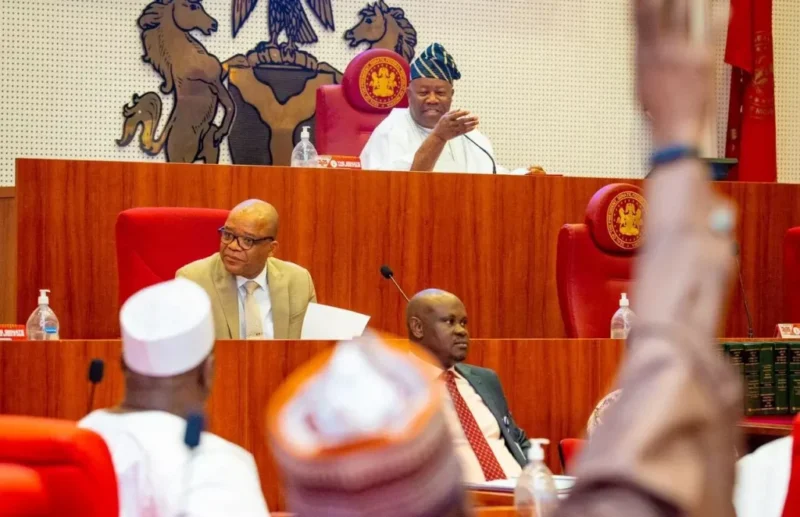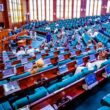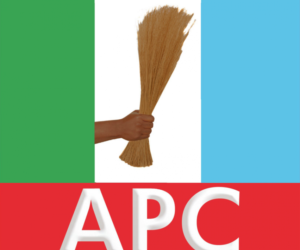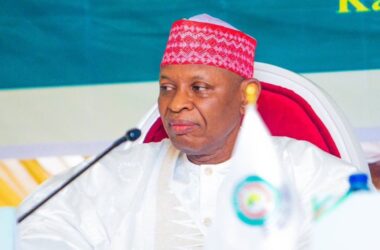The Senate on Thursday concluded its review and approval of President Bola Tinubu’s four tax reform bills by passing the remaining two pieces of legislation during a full plenary session in Abuja. This marked a significant moment in Nigeria’s ongoing efforts to modernize its tax framework.
The approved bills—the Nigeria Tax Administration Bill and the Nigeria Tax Bill—went through a clause-by-clause assessment on the Senate floor. Several contentious sections were removed to reach a general agreement among lawmakers, allowing the bills to pass smoothly through a voice vote.
Senate President Godswill Akpabio presided over the session and noted the dedication of his colleagues in supporting the government’s tax reform agenda. “These four executive bills seek to transform and modernise the tax system in Nigeria,” Akpabio said after the Senate endorsed the bills.
This legislative action comes shortly after the Senate had already passed the first two of the four tax bills, leaving Thursday’s session to complete the process. The House of Representatives had earlier passed all four bills, signaling strong legislative backing for the President’s reforms.
Speaking to reporters after the session, Senator Sani Musa, Chairman of the Ad Hoc Committee on Tax Reform Bills, noted that the Senate was intentional about aligning the reforms with international standards. He explained that the review process involved a public hearing and retreat attended by 76 organisations, including religious bodies and key industry figures.
“What we did was to thoroughly review the tax bills and make the necessary adjustments. President Tinubu introduced these reforms to drive economic development,” Musa stated.
He added that part of the Senate’s recommendations includes appointing a chairman for the Nigerian Revenue Service and setting up an ombudsman to manage tax-related complaints. The committee also suggested forming a tax tribunal to handle disputes more efficiently. “It is not a court of record, but a necessary body for fair and swift resolution of tax matters,” Musa said.
The revised legislation also reviewed several tax areas including VAT, development levies, and inheritance tax—many of which were removed after extensive consultations.
Senator Musa noted that Nigerians stand to gain from the updated tax laws, which aim to boost revenue without placing an undue burden on citizens. He commended President Tinubu for guiding an inclusive and transparent process.
A harmonisation committee is expected to be formed to reconcile any differences between the Senate and House versions of the bills. Revenue from the reforms is expected to support national security efforts, fund the Tertiary Education Trust Fund (TETFund), combat cybercrime, and provide resources for military operations aimed at restoring peace.










